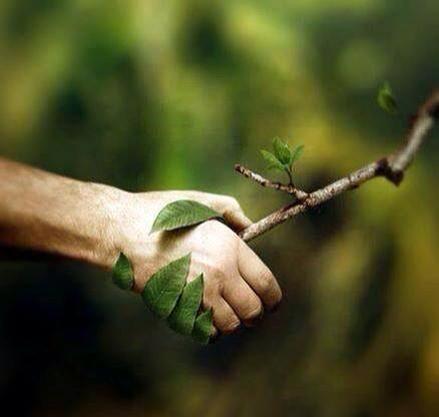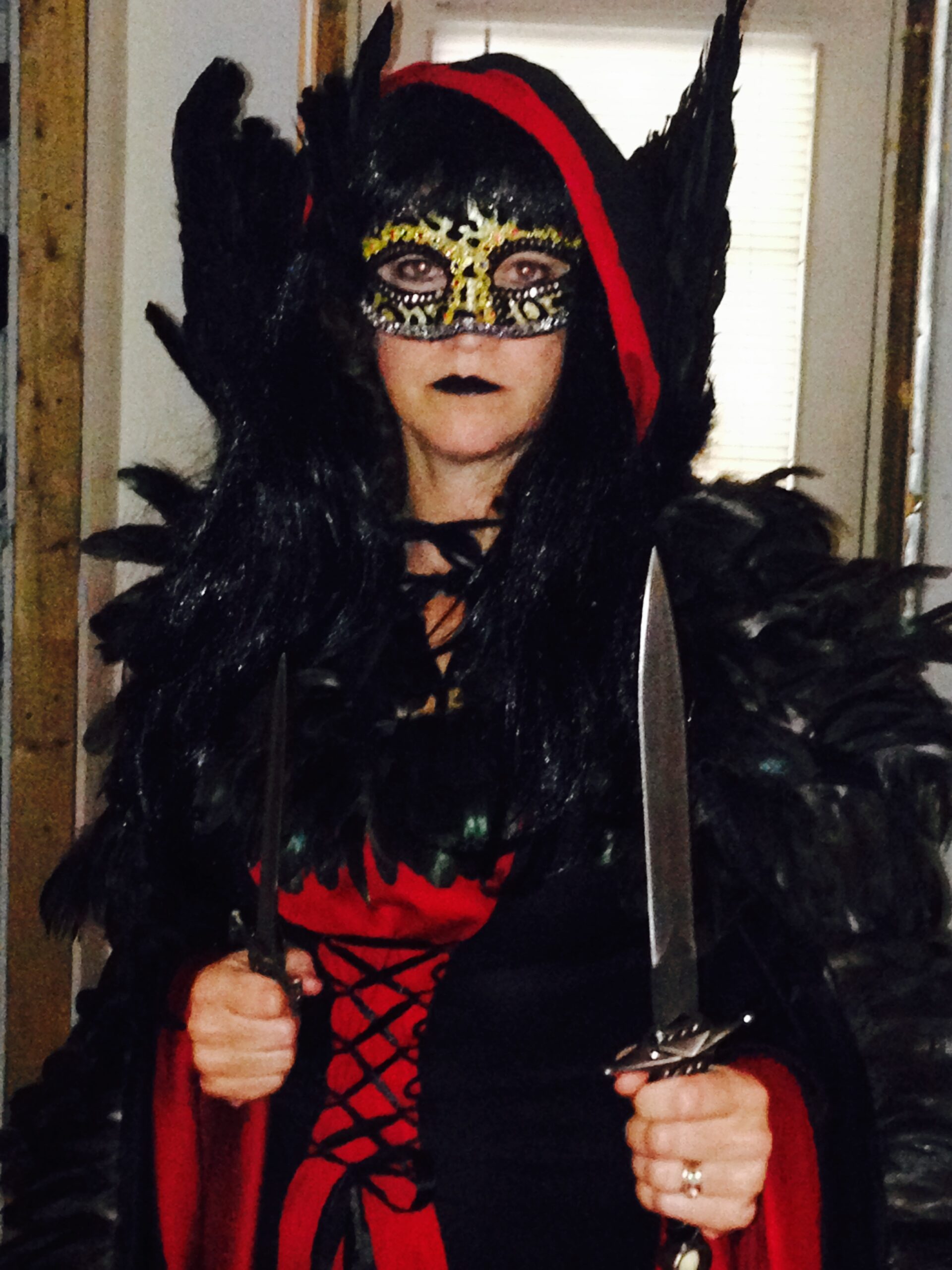
Yesterday a friend of mine asked me why Druids consider poetry so special. I thought, “Why is she asking me that? It’s obvious!” I mumbled something like, “It is creative expression!” and realized, when I saw the blank look on her face, that she still didn’t understand.
Then I put myself into her shoes, and the world righted itself. I realized that, without a Druid’s perspective, poems were just poems, the outpouring of a person’s creativity but… so what? I tried to assemble my thoughts, and put into words what is simply a way of life for me.
So… here goes! To a Druid, everything is sacred: the whole spectrum of existence, from birth to death, peace to war, from day to night. There are some qualities that humans embody, however, that are considered particularly blessed and which attract the Awen, or the attention of the gods and goddesses, in a special and powerful way. These qualities are Gratitude, Courage, Prayer, Offering, Creativity, and Eloquence.
The spark of Creativity smolders in our hearts, the place we are connected with the Source of All, and is waiting to be kindled. Kindling Creativity only happens when we open the Heart. Therefore every poet or writer prays that his or her Muse, Awen, or Inspiration will bless him, open his heart and activate the flow of Creativity inside. This Muse is the goddess, the female principle of the Universe, who brews the sacred Awen or energy of inspiration in her cauldron, or womb. If it is to be a successful birth, the Creation, either in the physical, or of the spirit, needs to be touched and blessed by the Sacred.
True Creativity is an act of birth, where something has been brought into existence that didn’t exist before. Isn’t this a miracle? We humans are channels for different types of birth, from physical children to songs to poetry to concepts to explanations of the Universe to medical discoveries to new states of consciousness to space travel… We are taught that the act of Creativity is the main role of gods and goddesses. They create the Universe, right? Druids see divinity in each human being, as do many different cultures in the world – Namaste! Therefore, to a Druid, each act of Creativity, whether a poem, a sculpture or a planet, is divine and Sacred.
The first essential stage in the training of a Druid is as a Bard. In olden times the training of a Bard took twenty years. The Bard creates a deep and magical relationship with the goddess, and through his or her actions, gains access to her blessings. Bards are associated with creativity, especially poetry, storytelling and music. Possibly the greatest and best-known poet who ever lived (William Shakespeare) is called ‘The Bard’. A Bard considers her creativity as a magical skill, which can be developed without limit.
Her desire to work with the power of the Word is so strong that her focused efforts open gateways into realms that whisk her audiences away on magic carpets to their most cherished dreams and unfold transformative experiences in front of them. Her stories create alternative realities, which envelop her audience and transport them to places that transform and heal.
Finally, I offer the following facts, which indicate the incredible respect and reverence the ancient Celts and Druids gave to the creative principle. Their Warrior god is called Ogma (pronounced Ohma). He is old, white-haired, yet has all the attributes of a war-god: a lion skin hanging over his shoulder, his right hand grasps a club, his left a strung bow and his quiver hangs at his side. He drags after him a huge crowd of men, all of whom are fastened by the ears with thin chains of gold and amber, and which look more like beautiful necklaces than chains. From this flimsy bondage they make no attempt to escape, though escape is easy. They make no show of resistance, and follow with joy, singing their captor’s praise all the while.
Ogma’s hands are occupied with his club and bow. Therefore he holds the chains, with which he has captured these hoards of men, through a hole in his tongue. He regards his followers with a smiling countenance.
The explanation for this unusual description of a war-god is thus: the Celts associate the perfection of eloquence with old age and wisdom. If you consider the relation that exists between tongue and ear, Ogma, who is eloquence personified, draws men along with their ears tied to his tongue. His spears are no other than his words; swift, keen-pointed, true-aimed to do deadly execution on the soul.
Ogma was champion of the Tuatha de Danaan (the gods and goddesses of the Druids) and he was undoubtedly a strong and brave warrior, but he was at the same time the inventor of the writing known as Ogham. It is a magical script, simply because there is great magic in writing and the in the right use of language. Each letter of the alphabet symbolizes the magical properties of one of the Celtic sacred trees: Ogham is thus called ‘the language of the trees.’
Ogma means ‘path’. From this, he would have been the ‘leader.’ In conclusion, he is both the warrior-king who watched over his people in times of peace and who led them to victory in times of war. He was also the warrior-Druid who could utter spells and captivate by the power of the Word. This is the Druid-king pair idealized by the Druids to the extreme and deified; another example of this is the Arthur-Merlin partnership.
I wish you great success in going forth and creating!




